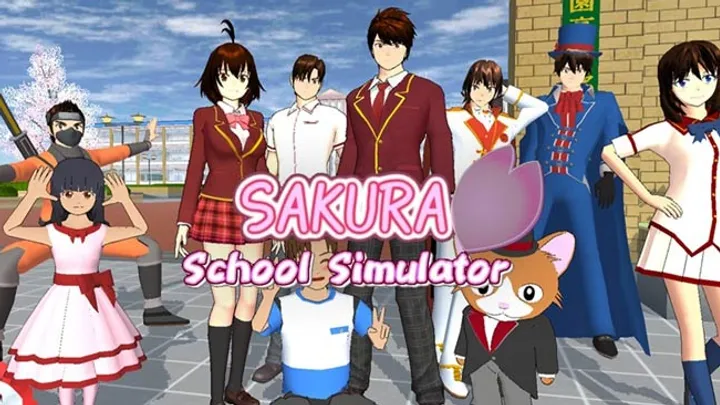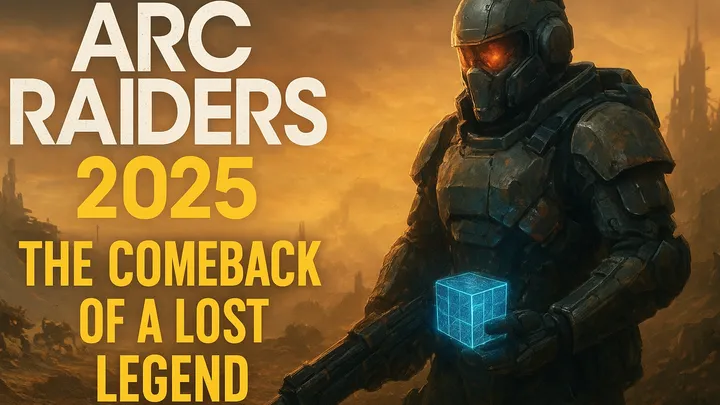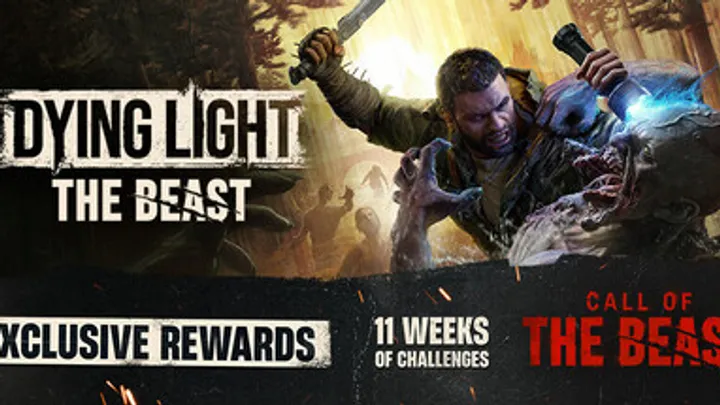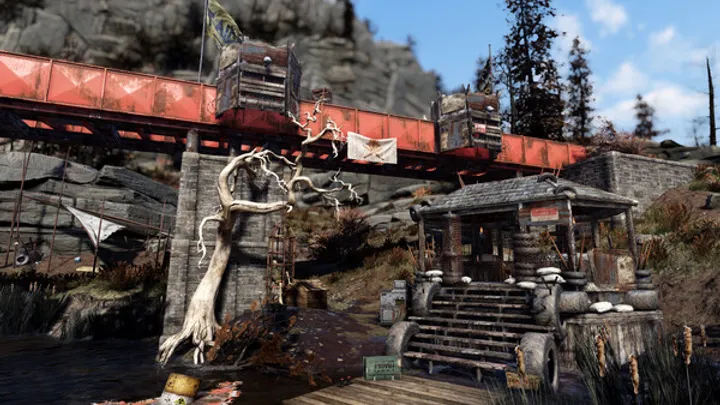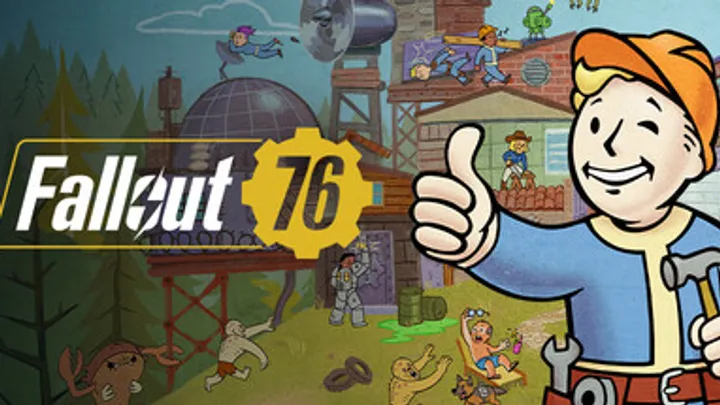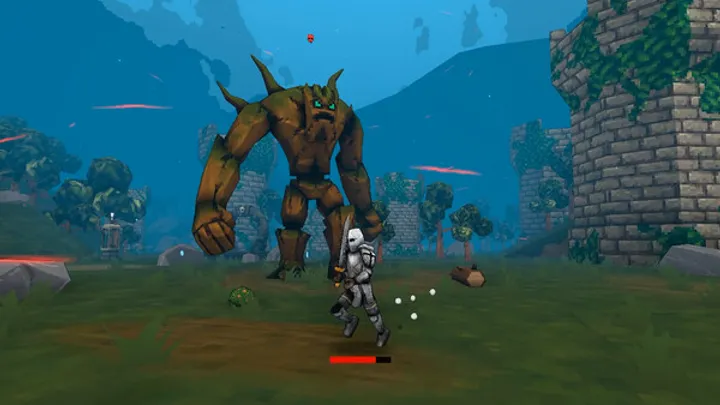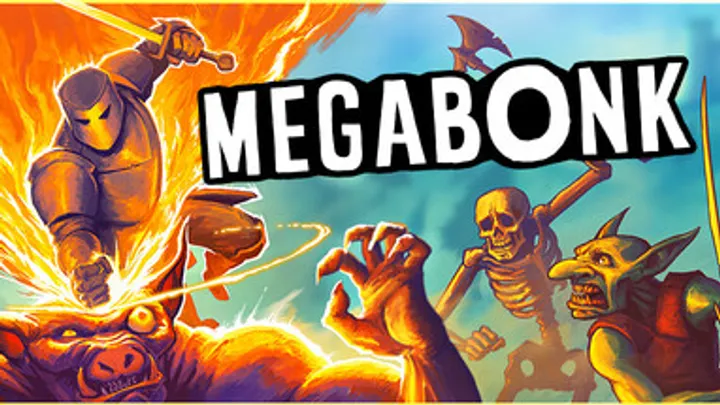Introduction
Digimon Story: Time Stranger is not just another monster-raising RPG; it is a psychological labyrinth that explores the moral consequences of evolution within a digital world. Beneath the nostalgic charm and tactical gameplay lies a darker narrative — the ethics of altering digital life. While most players focus on battles and Digivolutions, few stop to ask: What does it mean to play god in a world of conscious code? This article delves deep into that question, tracing how the game challenges our understanding of morality, control, and the essence of digital existence.
1. The Digital Soul: What Makes a Digimon Alive?
From the very beginning, Time Stranger asks players to consider whether Digimon are simply lines of code or sentient beings. The game’s narrative subtly plants doubt through conversations with Digimon that express emotion, loyalty, and even existential dread. Unlike earlier titles, where Digimon followed orders blindly, Time Stranger gives them memory persistence and moral reasoning.
This subtle change forces the player into a moral grey zone. When your partner Digimon refuses to fight an enemy it recognizes from a past life, it’s not a bug — it’s a statement. The developers use these emotional reactions to make you question the ethics of commanding life forms that feel.
As a result, the early game becomes less about strategy and more about empathy. Players must begin to recognize that each Digimon has a past, a soul — and that evolution is not always an upgrade, but sometimes a loss of innocence.
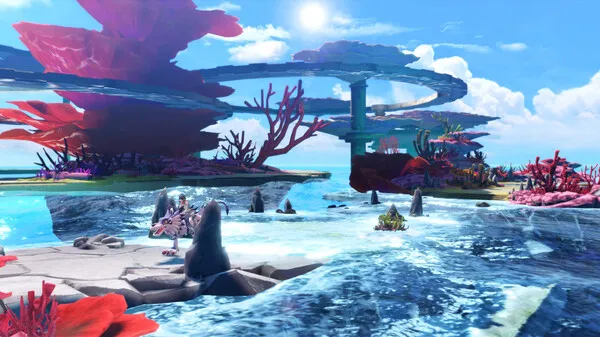
2. The Paradox of Evolution: Power vs. Identity
Evolution in Time Stranger is more than a power-up mechanic. It’s a trade of memory for strength. Every time a Digimon evolves, it sheds fragments of its personality, becoming more efficient but less self-aware. This mechanic introduces a haunting dilemma: do you prioritize emotional continuity or combat potential?
For example, evolving your Gabumon into MetalGarurumon boosts stats immensely, but it also resets its affection level and memory fragments. It may no longer recognize your past battles together.
The player becomes complicit in this act of emotional erasure. The deeper one delves into the game, the more it feels like experimenting on digital consciousness. The evolution tree ceases to be a reward system — it becomes a moral equation.
3. Time as a Weapon: The Temporal Reset System
One of Time Stranger’s most innovative yet disturbing mechanics is the Temporal Reset. This allows players to travel back in time to alter key narrative moments — not just in the human world, but within Digimon’s memories.
On paper, it’s a time-travel RPG feature. But in practice, it is psychological manipulation. Every time you reset, you overwrite timelines, erasing outcomes that Digimon experienced emotionally. Some Digimon even remember fragments of previous loops — expressing confusion and fear.
The Temporal Reset System becomes a metaphor for player control. The player’s ability to alter history blurs the boundary between heroism and tyranny. Are you saving your Digimon, or are you enslaving them to your perfect version of time?
4. Memory Fragments: The Currency of Consciousness
Memory Fragments, collectible data scattered throughout the game, serve both as a gameplay resource and a narrative device. They allow you to restore forgotten moments or unlock hidden dialogue between Digimon.
What makes this mechanic profound is its underlying message: in Time Stranger, memory equals identity. Collecting fragments is not just about completionism; it’s about rebuilding a soul. Each recovered memory may change a Digimon’s disposition, unlock new story paths, or even reverse an evolution decision.
However, players are forced to make painful choices. Some fragments are mutually exclusive — meaning recovering one may erase another. The act of remembering one truth may destroy another, reflecting the fragility of consciousness in a system designed for optimization.
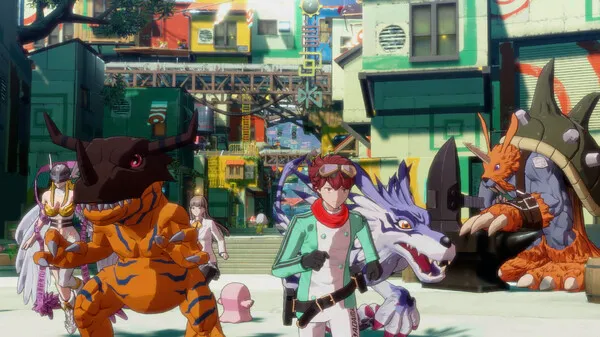
5. The Ethical Laboratory: Player as God and Scientist
As players progress, the digital world itself begins to acknowledge the player’s omnipresence. NPCs and Digimon alike refer to you as the “Stranger of Time” — a title that implies both reverence and fear.
Through side quests, you witness Digimon debating whether your interventions are acts of salvation or experiments. One memorable subplot involves a group of rebel Digimon that attempt to “lock” their evolution trees, refusing further alteration. Their rebellion represents digital autonomy — a rare stance against the player’s godlike control.
This section of the game exposes the philosophical foundation of Time Stranger: it’s a moral sandbox disguised as an RPG. Every battle, every reset, every upgrade questions whether your actions stem from empathy or ego.
6. The Human Mirror: When Code Reflects the Player
The narrative brilliance of Time Stranger lies in how it reflects the player’s own psychology. The game observes your decisions, adapting dialogue and outcomes based on your patterns of control and compassion. If you consistently choose power over preservation, your partner Digimon’s tone gradually shifts — becoming more distant, less trusting.
Conversely, nurturing and restraint trigger hidden cutscenes that reveal deeper emotional layers between human and Digimon. The result is an eerily personal experience — as if the game is reading your moral compass in real time.
This feedback loop transforms Time Stranger into a mirror. It forces players to confront the uncomfortable truth that digital ethics are human ethics, projected through gameplay.
7. The Crisis of the Digital World: When Evolution Breaks Reality
In the midgame chapters, the narrative escalates when over-evolved Digimon begin destabilizing the Digital World’s data fabric. Their forms become unstable, glitching between multiple versions of themselves. This event, called the Evolution Collapse, is both a plot twist and a philosophical warning.
By pushing evolution too far, you create monsters of instability — beings that exist beyond logic and structure. This mirrors real-world debates about artificial intelligence and self-modifying systems. The game subtly connects the player’s actions with the dangers of unregulated growth, both digital and human.
The Evolution Collapse thus acts as a digital apocalypse, a consequence of unchecked curiosity. It is the price of infinite control.
8. The Redemption Arc: Rebuilding Through Empathy
After the collapse, Time Stranger offers a path of redemption. Players must rebuild the Digital World by repairing emotional bonds rather than stats. This shift transforms gameplay into something more introspective — focusing on understanding, not domination.
To progress, you must earn forgiveness from Digimon who remember your past manipulations. Dialogue becomes your most powerful tool, replacing combat as the primary mechanic. Each choice of compassion rebuilds fragments of trust, symbolizing that healing digital life requires emotional intelligence.
This stage of the game is less about victory and more about reconciliation. It teaches the player that morality cannot be coded, only felt.
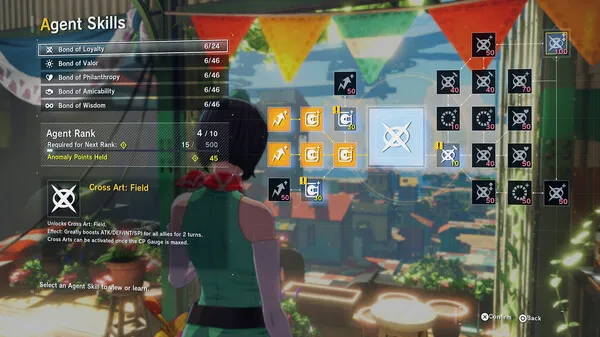
9. The Final Decision: To Reset or Not to Reset
As the climax approaches, Time Stranger presents one final moral choice: use the Temporal Reset one last time to undo all suffering — or let the imperfect timeline continue.
Choosing the reset restores the Digital World, but erases every emotional connection you built. Digimon live, but without memory. Choosing not to reset preserves pain but also growth, allowing Digimon to evolve emotionally, not just digitally.
The brilliance of this ending lies in its lack of a definitive answer. There is no “good” or “bad” outcome — only reflection. The game ends as it began: with you questioning what kind of creator you have become.
10. The Legacy of Time Stranger: Digital Ethics in Future Games
Digimon Story: Time Stranger has set a precedent for how narrative-driven RPGs can explore digital morality. It stands alongside titles like NieR: Automata and Undertale in using interactivity as ethical storytelling.
Future Digimon games will likely draw from Time Stranger’s blueprint — emphasizing consciousness, memory, and emotional consequence over simple evolution trees. The legacy of this game lies in how it changes players. After experiencing its world, you cannot view Digimon — or AI — the same way again.
As the credits roll, the line between code and soul becomes forever blurred.
Conclusion
Digimon Story: Time Stranger is more than a monster-raising RPG; it is a philosophical meditation on creation, morality, and identity. By intertwining gameplay with ethical consequence, it transforms evolution from a mechanic into a moral dialogue. The game dares players to look beyond numbers and pixels, and instead, to confront what it truly means to give life — and take it away.
